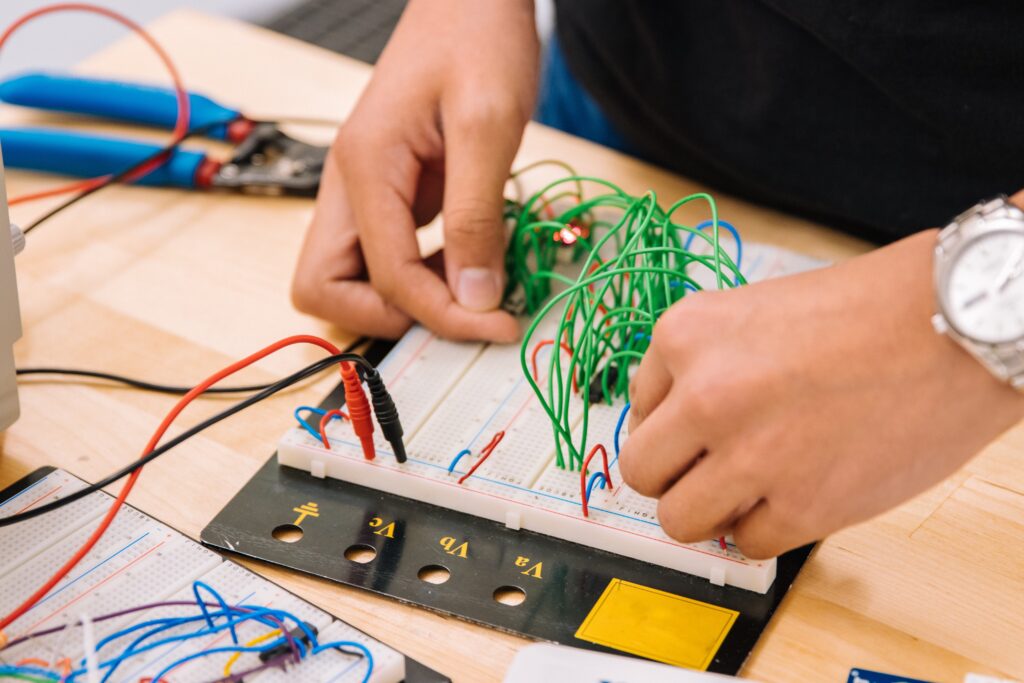Quantum technologies is a rapidly developing field of science and technology, which makes use of the laws of quantum mechanics. Albert Einstein conceived of the theory of relativity, wherein objects have no definite size, only their position in reference to others. Subsequently, quantum mechanics came to define how things are actually measured. This branch of science has many sub-disciplines, like optical physics, which studies how light behaves; nuclear physics, which studies different forms of matter; and super physics, which studies how the universe is structured. In addition, there are also other branches of the subject, including information science and mathematics, which study how science and technology work together.
Quantum technologies largely rely on quantum information. These technologies are made possible by the use of powerful and precise ultra-fast particles called qubits, as well as entangled light and radio waves, which are passed through the systems at the quantum level. These technologies can be used to achieve diverse objectives, including communication, powering electronic devices, telematics, weather prediction, and military applications.
One of the most popular tools used in quantum technologies is the technique of entanglement. Entanglement refers to the ability of some specific, highly charged entities to act in response to, and respond to, information that is passed by another system. For instance, consider a system in which an entangled pair of photons are transmitted. These photons have the strength of an electromagnetic field, which is able to measure a certain value, termed as the entanglement strength. In the case of a highly entangled pair of photons, this measurement can be accomplished in less than a second.

Thanks to the strength of entangled light, and its ability to pass through many mediums, entanglement is used extensively in the practice of quantum technologies. This is why many top-rated research institutes of the world have been constructing the best classical computer. Best classical computers incorporate features like the use of logic gates and memory chips. Furthermore, they have incorporated superconducting circuits that are able to store massive amounts of data without slowing down. In other words, these computers are designed using quantum technologies.
Quantum technologies are also employed to develop new, improved devices for a variety of purposes. For instance, some firms have developed quantum microwave engines. These engines use microwave energy to produce large amounts of power. This power can then be channeled into various industries, including transportation and construction. As previously mentioned, many firms are currently utilizing existing technologies to save costs. Because of this, it’s no longer realistic for companies to continue developing new technologies in the complete absence of quantum physics principles.
Quantum technologies that rely on the operation of qubits, rather than classical computers, are expected to soon attain the level of computers possessed by humans. According to leading researchers, a decade from now, qubits will function just as natural computers would. As soon as they attain this state, superposition, or the ability to manipulate one bit at a time, will no longer be required.












